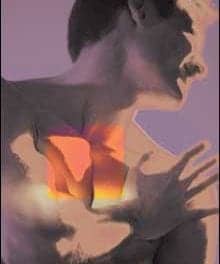According to a recent study, peer assessment (PA) in health professions education encourages students to develop a critical attitude toward their own and their peer’s performance. During the study, researchers reportedly designed a PA task intended to assess student’s clinical skills (such as reasoning, communication, physical examination, and treatment skills) in a role-play that simulated physical therapy practice.
The study’s abstract states that students alternately performed in the role of PT, assessor, and patient. Oral face-to-face feedback was also provided, in addition to written feedback and scores. Researchers say a qualitative approach was used to explore students’ perceptions of the task and the task elements. Semistructured interviews with second-year students were conducted in order to investigate the perceived impact of these task elements on performance improvement, the abstract notes. The students were then asked to select the elements perceived to be valuable, to rank them from highest to lowest learning value, and to motivate their choices. The interviews were transcribed and analyzed.
The results indicate that the perceived impact on learning varied widely. Performing the clinical task in the PT role was assigned to the first place, with receiving expert assigned to second, and observing peer performance to third. The researchers add that peer feedback was not perceived as the most powerful task element.
As a result of qualitative analyses, three themes emerged, which include pre-performance, true-performance, and post-performance triggers for improvement. According to the abstract, each theme also contained three categories, which included learning activities, outcomes, and conditions for learning.
The researchers say intended learning activities were also reported, such as transferring prior learning to a new application context. Additionally, unintended learning activities were reported, such as modeling a peer’s performance. Outcomes were linked to increased self-confidence, insight in performance standards, and awareness of improvement areas. The abstract also notes that conditions for learning referred to the quality of peer feedback.
Ultimately, the abstract concludes that PA may serve as a key tool to improve clinical performance, although peer feedback was not perceived as the most powerful element.
[Source: BMC Medical Education]




